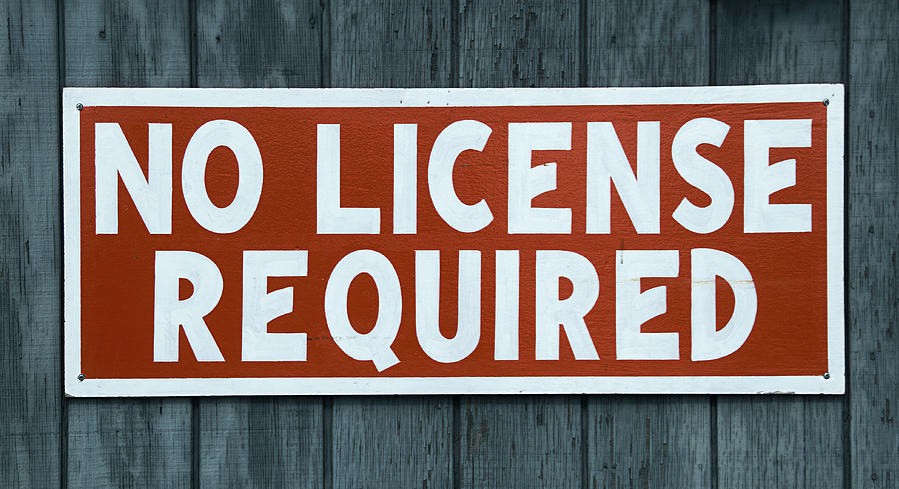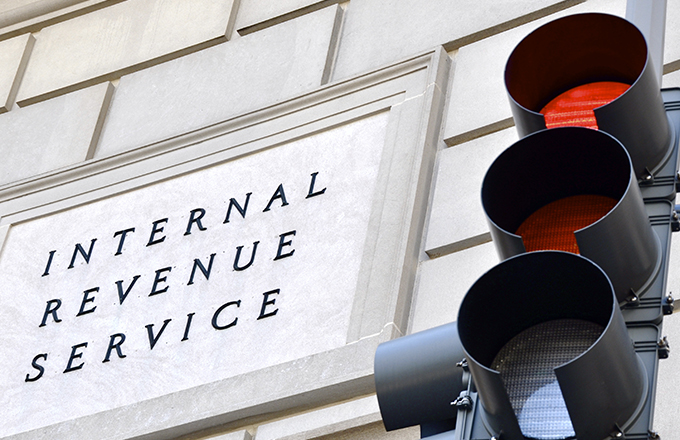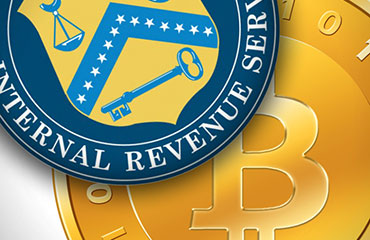How to trade cryptocurrency and manage investments for others without a license
I get a number of emails from readers each week asking how they can manage money for friends and family offshore. They want to trade cryptocurrency and make investments for others without going to the expense of setting up a licensed and regulated exchange. So, here’s how to trade cryptocurrency and manage investments for others without a license.
When you want to trade crypto or other assets for anyone other than yourself, you need an account that allows you to hold other people’s money. Banks are very cautious when it comes to those trading on behalf of others or managing investments without a license.
First, banks don’t want to be fined for facilitating money laundering. Banks paid hundreds of millions in the last few years for “allowing” their customers to avoid taxes and launder illicit gains. The bank might not have had any idea what was going on, but their due diligence procedures weren’t stringent enough to catch the wrongdoers, so they were fined big time.
Second, banks and governments don’t want anyone without a license managing other people’s money. Brokerage and investment management licenses and regulation is big business. If you don’t want to pay, you won’t be allowed to play.
Third, banks must follow strict Know Your Client (KYC) rules. When you open an account, the bank checks you out and thereby knows you, their customer. If you then receive friends and family or customer money in your bank account, the bank doesn’t “know” the true beneficial owner of the money. The actual owner is one level removed from the person the bank “knows.”
Setting up an offshore corporation and hoping for the best is not a good idea in today’s world. Banks are watching for the source of funds on most wires. They will check outflows and for anyone using their account to manage OPM. If you try to hide, you’ll be caught and kicked to the curb.
Against that backdrop, here’s how to trade cryptocurrency and manage investments for others without a license.
When you don’t want to set up a regulated exchange, which can cost $35,000 to $250,000, depending on the country, you can use offshore LLCs and a trading corporation to accomplish your goals.
You, the trader form an investment corporation and a management LLC. Then, each and every client forms an offshore LLC. Yes, every single client, friend, or family, must have their own offshore corporation. Only a husband and wife can have a joint LLC.
Next, all of these structures open offshore accounts at the same international bank. In this way, the bank has done its due diligence on you and your customers. Everyone has been reviewed and approved by the bank and transfers will be permitted between the group of companies.
Once everyone has been approved, the client LLCs can issue a Power of Attorney to your management LLC. With this Power of Attorney on file with the bank, you will be allowed to manage the investments of these clients and transfer funds into your investment corporation.
This multi LLC offshore investment management structure ticks all the right boxes. It allows you to manage client funds and for the bank to do its KYC on everyone involved. Because all the accounts are at the same bank, transfer costs are minimized and the source of funds won’t be questioned.
A separate LLC system to trade cryptocurrency and manage investments for others without a license works well with large investors. Because of the setup costs, it’s not efficient for smaller clients or selling investments to the general public.
This practical limitation is positive for banks. They don’t want someone operating an unregulated offshore hedge fund selling to mom and pop investors. This will only bring trouble and litigation to the bank. They like larger accounts, larger deals, and sophisticated investors.
This system also allows sophisticated investors to put more advanced structures in place. For example, they might want to trade within an international trust for estate and asset protection reasons. High net worth investors might want to hold the LLC inside an offshore life insurance company to eliminate US tax on the capital gains.
You can also use this structures to create private entities in countries with public registries. For example, let’s say you want to invest in Panama. That country has a public registry of corporate shareholders and directors and a list of beneficial owners of foundations (their version of a trust).
To keep your name out of the registry, you can set up an offshore LLC in a country like Nevis or Belize that doesn’t have a public registry. Then, this LLC can be the founder of a foundation or the officer and director of a Panama corporation. In this way, the beneficial owner (you) won’t be listed in the registry.
When someone searches the Panama database, all they’ll see is the name of your Belize LLC. When they go to Belize for more information, they’ll hit a brick wall.
Whether this offshore LLC structure is cost-effective will depend on how many clients/friends and family you plan to manage. In most cases, the base corporation might cost $3,500 and each LLC $2,000 to $2,900 to set up (not including bank fees).
The largest structure I’ve seen like this was 3,400 LLCs and two management corporations in Switzerland. Why, you ask, would someone spend that kind of money on LLCs? Because they don’t want to go through all the compliance and regulation that comes with a fully licensed exchange.
Had they decided to operate as an investment manager in Switzerland, they would have had to hire someone with the necessary Swiss licenses and go through a very arduous registration process. The multi LLC model eliminated both of these requirements.
Plus, once you have a license, you have quarterly filing, KYC and AML compliance, and all manner of regulations to contend with. When you use separate offshore LLCs, it’s a private transaction between you and your friend/client.
Finally, this system allows some clients to move their retirement accounts offshore. They could form an offshore IRA LLC and transfer some or all of their vested retirement savings into that entity. Then, that LLC could issue a POA to you, the trader.
As you can see, this multi offshore LLC approach to trading cryptocurrency and managing OPM for others without a license can be a very powerful tool.
I hope you’ve found this article on how to trade cryptocurrency and investments for others without a license to be helpful. For more information on setting up a regulated or unregulated crypto trading business, please contact me at info@premieroffshore.com or call us at (619) 483-1708. We’ll be happy to assist you with an offshore structure and banking.












Leave a Reply
Want to join the discussion?Feel free to contribute!